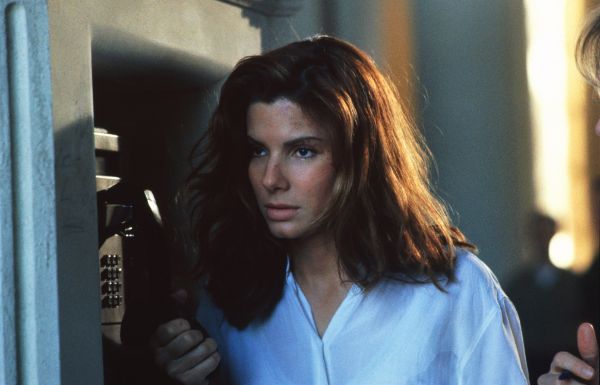Dorkman wrote:It's possible that she may have done this occasionally -- referencing Stan Shunpike beyond his first appearance in Azkaban could easily have been a spur of the moment decision -- but the number of early seeds planted for major plot points is so extensive it would require Rowling to be significantly more of a genius to pull them together with no plan at all than to have planted them deliberately, and is frankly the less plausible explanation.
It's seems to me to be pretty clearly the opposite case -- the piles of throwaway detail are there to disguise important clues. If the only details she ever mentioned were the ones that would later be important, there'd hardly be any mystery at all (this was a major problem with the Hunger Games books).
Yeah, I can certainly imagine that it would be kind of obnoxious if everything had a big sign on it saying "This will be important later", but I'm not convinced that you have to do what Rowling does purely for misdirection. At the very least, it's misdirection of a very brute-force and unsubtle sort. Your average 'fair' detective story (i.e., one that doesn't rely on a surprise revelation that the reader didn't know about) has to do exactly this sort of thing but doesn't, say, give a list all 25 volumes that were in the victim's study or something. (Yes of course, to the extent that the first book at least was conceived of as more of a children's/young adult book, you have different standards that you hold it to, but that almost mitigates against the idea that there was a plan from the beginning about a dark epic journey about death, etc.)
Let's take a look at the cases that you mention in your spoiler tag. I know these were just a couple for illustration, but to start:
SPOILER
Show"Young Sirius Black": Thanks to the miracles of modern technology, we can establish that that brief quote is the single mention of Sirius Black in the entire first two books. What does that really tell us beyond just being a name and having a motorcycle? There's at that point no suggestion, however oblique, that he even knows the Potters. Dumbledore doesn't ask "Is he OK?" or "How's he taking it?", which 'realistically' you might expect. I also think it's odd that Hagrid refers to him as "
young Sirius Black", sort of as if he were still a student. He's supposedly been by this time a key member of the Order of the Phoenix and leading the fight against Voldemort. However, if you pushed me, I'd have to reluctantly accept the counter-argument that the movie casting makes the characters seem older than they apparently are in the books. (The Harry Potter wiki says that Lily and James were 21/22 when they died.) So
maybe it's
possible, but hardly clear cut evidence of a plan, imo.
Re the duel with Grindelwald, all that's mentioned in Philosopher's Stone is he defeated a dark wizard called Grindelwald in 1945. I'll give you the "connection between major events in the Muggle and Wizarding worlds" from the date, but that strikes me as a looooong way from saying that the intention down the line was for that to take on the significance that it does later. It seems more plausible to me that the main point of the card was the Nicholas Flamel reference, which is entirely book-internal, but then, yes, of course later on it made sense to come back to the Grindelwald reference and have it be a thing.
And on "the wand choosing the wizard thing", that strikes me as such a fantasy trope (the mystical connection between people, especially Our Hero, and specific magical items) that I find it hard to hang much on that. And I'd argue that, in the specific sense that Ollivander is talking about, it actually *isn't* the key to the conclusion, if I understand what you're referring to. Rather the key to the conclusion is that if you obtain a personalized magical item from someone under certain circumstances it becomes yours, which is different, and doesn't necessarily follow from what Ollivander says. (And possibly makes various things in the earlier books problematic (like the capture and escape of Wormtail at the end of Azkaban -- shouldn't Sirius or whoever 'know' that Wormtail's wand is now his to control, etc.? We know from the passing of the Elder Wand from Gregorovich to Grindelwald that you don't have to kill the user.))
Anyway, this is probably the sort of discussion that is impossible conclude definitely (absent some dated drafts of outlines etc. from Rowling's personal papers -- as distinct from anything she might have said after the fact). Truthfully, I'm vaguely suspicious that some of the "it was planned all along" is just confirmation bias. However, like I say, I'm open to hearing arguments about specific references and plot threads, and how the balance of the evidence renders the "it was there all along" theory more plausible than the "it was a retcon from the shit ton of stuff she had to choose from" theory.
This is all of course as distinct from the point at which she would have known from sales, her publisher, etc. that there was going to be an extended series, at which point I'm perfectly happy to accept the "clues + misdirection" theory.




















